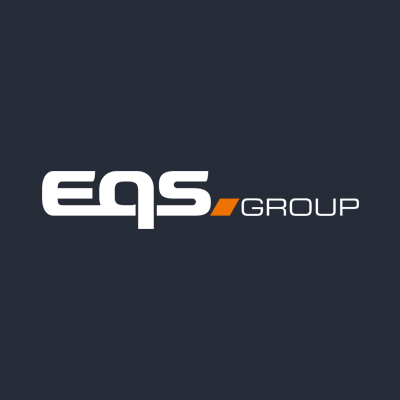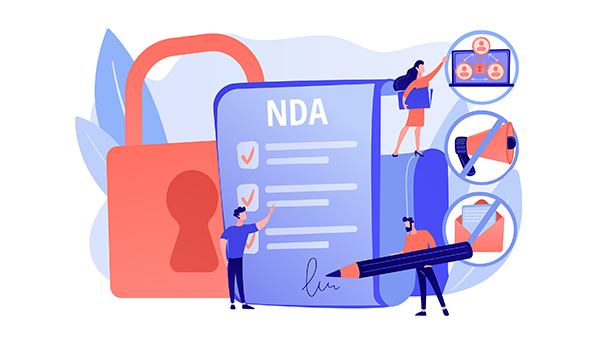Ombudsman: Definition & History
The ombudsman is an impartial arbitrator and the term derives from the Old Norse word umboðsmaðrfor which means “authority” or “mandate”. If several persons form a collective body for this purpose, it is called an ombudsman board. Sweden has been considered a pioneer in this area and it appointed the first ombudsman as a confidant for citizen complains in 1809. In the meantime, the system has become established throughout Scandinavia. In Germany, Europe’s biggest economy, it has only been in use since the 1970s.
The ombudman’s office functions both in the public and private sector as a central contact point within the framework of a compliance management system. Often a trained lawyer, the ombudsman serves as an intermediary between the company and a whistleblower who is sceptical about the law or his or her organisation’s compliance management. The ombudsman can also play a role in cases of doubt or when the whistleblower has nobody to turn to in a risky situation.
What are the ombudsman’s tasks?
An ombudsman confidentially records information on suspected violations or irregularities while protecting the identity of the whistleblower(s) and evaluating disputes independently. This involves weighing the arguments of the parties involved, classifying risk, damage and costs as well as observing data protection regulations such as the GDPR. The ombudsman reports to the company’s compliance officer.
An ombudsman
- Confidentially receives information concerning the suspicion of violations/irregularities
- Protects the identity of whistleblowers (lawyer’s duty of confidentiality)
- Assesses disputes independently
- Weighs up the arguments of the parties involved
- Assesses risk, damage and costs
- Complies with data protection regulations
- Reports to the company’s compliance officer
The external ombudsman: advantages & requirements
For companies, an external ombudsman has numerous advantages. Independent and keeping a natural distance, he or she advises both sides of the dispute in accordance with the company’s compliance guidelines. The whistleblower can be sure that due to the ombudsman, the information reaches the company and that anonymity will be preserved.
Profile of the external ombudsman:
- Impartial, discreet and exercises integrity
- Holder of professional secrets (e.g. lawyer)
- Expert in labour law and commercial criminal law
- Basic knowledge of data protection and business administration
- High level of social and psychological competence
- Experience dealing with police, customs and public prosecutors
- Flexible availability (also outside office hours)
Submitting complaints to the ombudsman
It must be made as easy as possible for whistleblowers to overcome their inhibitions. In doing so, they are confronted with three key questions:
1.) Direct contact by telephone, post or email?
The first contact with the ombudsman should be prompt and uncomplicated, preferably in person or by telephone. Whistleblowing by email creates doubts about the fate of sensitive data. The good old post box is also not advisable given that the individual can be identified while submitting a complaint.
2.) How can anonymity be preserved?
The ombudsman is bound to secrecy, especially if he or she is a lawyer where the lawyer’s duty of confidentiality applies. For a whistleblower, reporting to the ombudsman therefore offers a high degree of security.
3.) How much does the ombudsman cost?
As a rule, the use of an appointed ombudsman does not involve any costs for the employee. At best, the company utilises the external ombudsman as part of its compliance management system.
The Digital Reporting System: Alternative to the Ombudsman’s Office?
Sadly, misconceptions about whistleblowers remain commonplace around the world. To this day, individuals speaking out about wrongdoing are not always considered heroes and suffer retaliation such as being overlooked for promotion, blackmail, bullying and dismissal. However, since major companies expanded their system of ombudsman offices, the term whistleblowing has become more positive. This is also due to measures such as the EU Whistleblowing Directive and local whistleblower protection laws, which has helped it gain a more positive perception with the public.
Ombudsman vs. digital whistleblowing system
According to the EU Whistleblowing Directive, companies were obliged to establish a whistleblowing system enabling employees to report grievances from 17 December 2021, a deadline the majority of member states missed. The transposition process is finally close to the finishing line across Europe and the initial obligation to implement reporting channels now applies to all companies with at least 50 employees. In order to comply with the Directive, an ombudsman’s office or an ombudsperson can also be utilised. However, studies show that most whistleblowers prefer anonymity and an ombudsman can only partially preserve this.
The situation is different with a digital reporting channel, software that whistleblowers can use to submit a report, often via a website. The reporting system can thus be easily integrated into an existing compliance management platform and remains accessible at any time and from any location while providing a central point of contact for whistleblowers. There are also further advantages: a digital whistleblowing system allows for confidential case processing, ensures data encryption, guarantees efficient administration and documentation while facilitating the easy evaluation of reports (with statistics or a risk assessment).
Digital whistleblowing systems can be easily scaled according to the size of the company and adapted to different languages. Therefore, they are equally suitable for small and medium-sized companies as well as large corporations. If required, they can also be combined with ombudspersons or telephone hotlines.
Guide to the Introduction of Whistleblowing Systems
How to successfully implement a whistleblowing system in your organisation.









